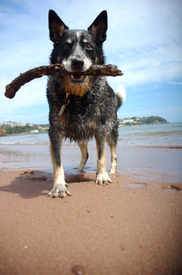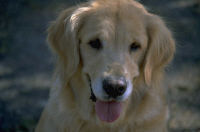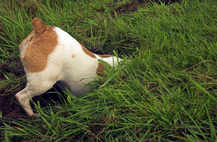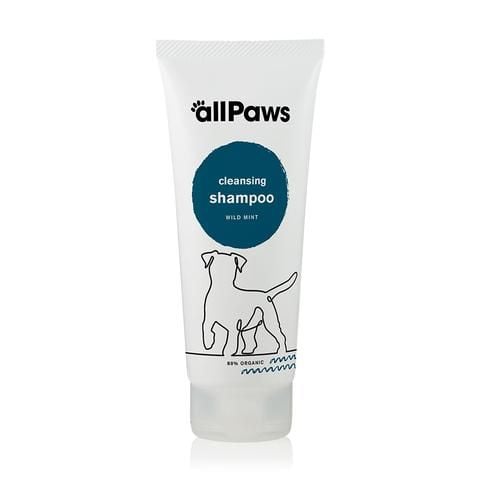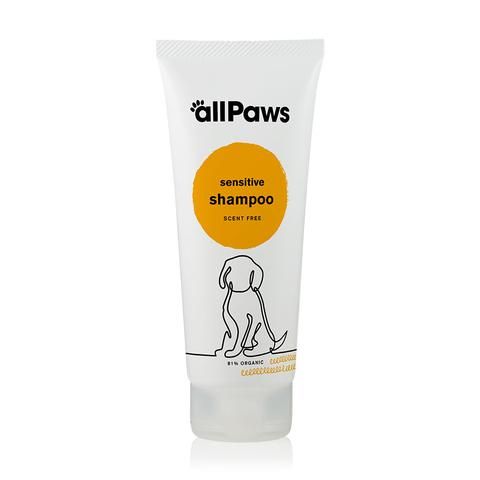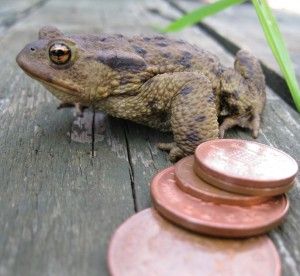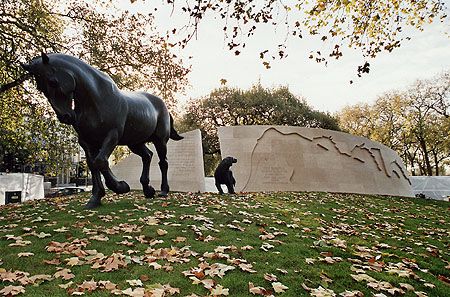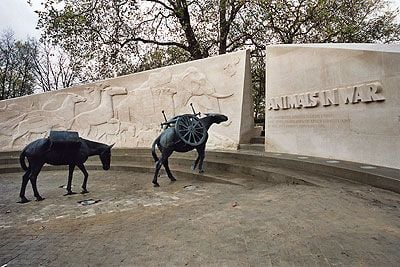For horse and donkey lovers, get active for the Brooke
Posted on
Love donkeys and horses?
If you do, just take a moment to imagine them walking mile after mile, every day.
That’s the reality for many working horses, donkeys and mules who work tirelessly, around the world.
The Brooke reach over 1.5 million working horses, donkeys and mules across Africa, Asia, Latin America and the Middle East and help them.
If you do and want to do your bit to help them, please take a look at The Brooke's Step in their Shoes Challenge and take on the 100 mile challenge to raise essential funds to support the working animals they care for every day.
The Brooke is asking us all to walk 100 miles (not in one go!) at some stage this year.
There is no set time limit for the challenge; you can do the 100 miles however you like – walking, wheeling, running or cycling, whatever! If you have a dog, you could include your daily dog walking in your 100 miles!
Register, and a fundraising page will be set up for you - you just need then to share the link with your family and friends and ask for donations. The Brooke is asking us to raise £100 or as much as you can.
If you can't do the challenge, why not donate or sponsor someone?


